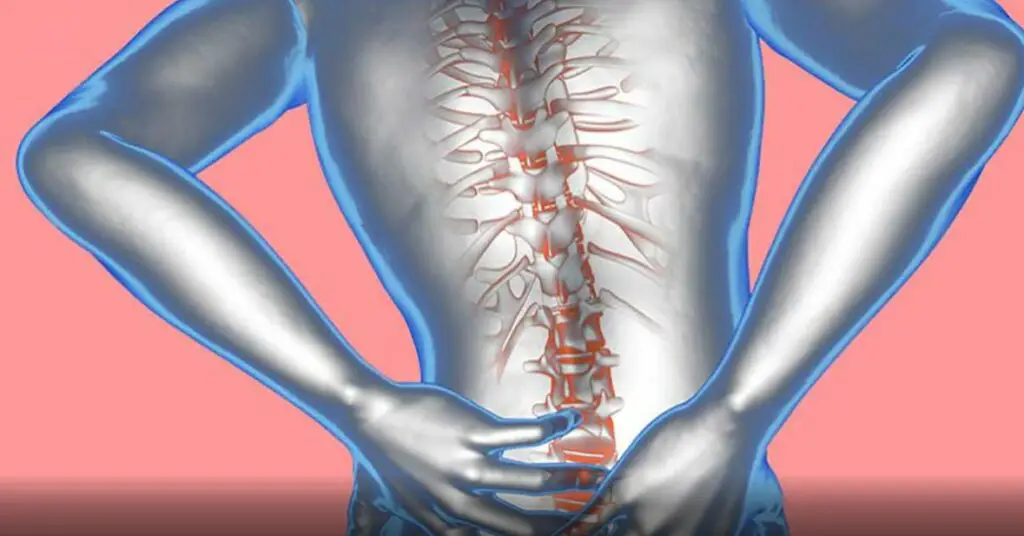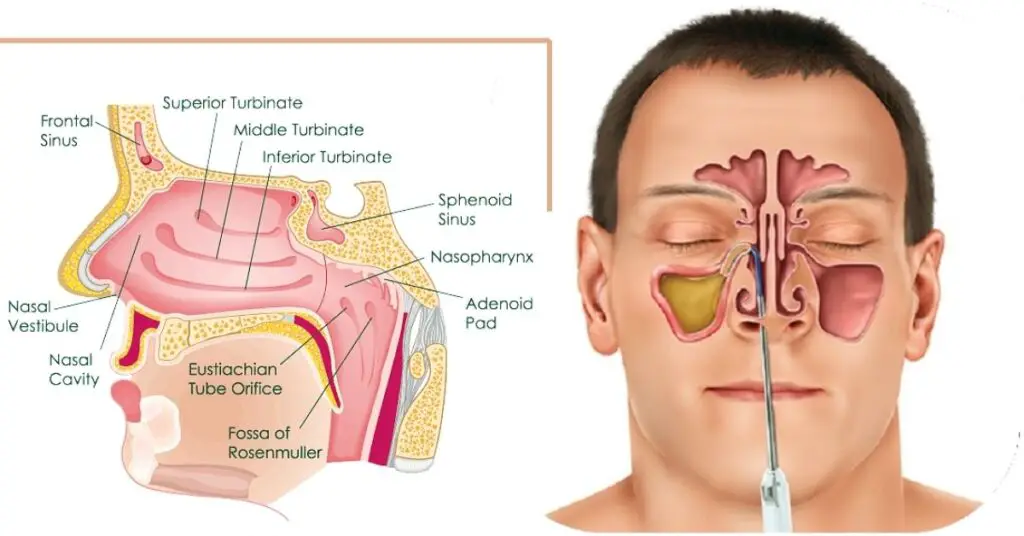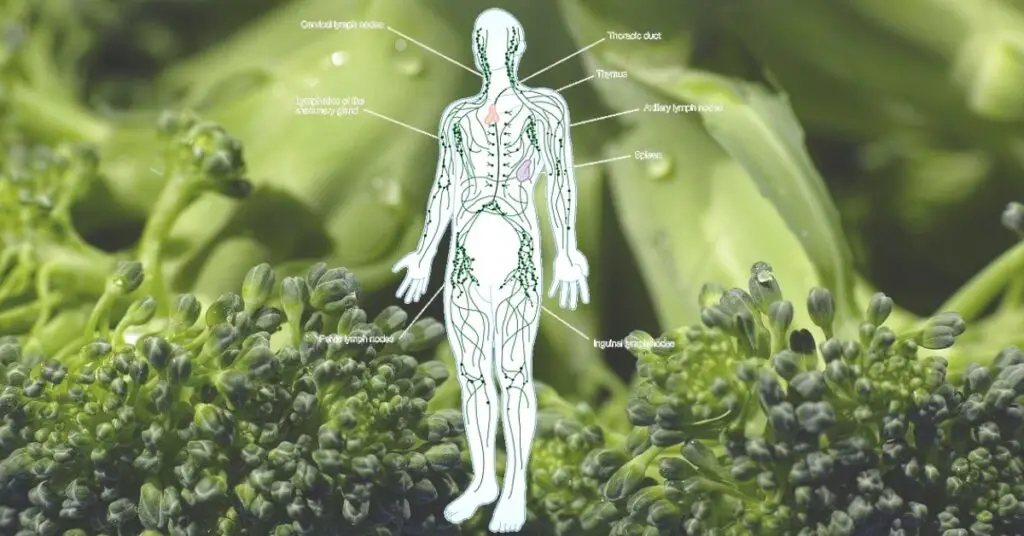Nearly half of the American population suffers from magnesium deficiency (hypomagnesemia). Even though we are not aware of it, the lack of magnesium in the human body can lead to serious health issues.
Magnesium is essential for the proper functioning of the body. It is considered that magnesium has powerful properties that can improve overall health.
If you experience cramps, mood changes, and stiffness in the body, you probably lack magnesium. Magnesium takes part in 100 body functions and 300 enzyme reactions. It is an essential part of the bone, brain, and muscle tissue. The body cells need magnesium so that they can calm down the muscles, produce energy, and stimulate the function of the other organs.
Symptoms of magnesium deficiency
Many people, who suffer from magnesium deficiency, are not aware of it. However, here are some of the most common symptoms of magnesium deficiency:
- Anxiety and depression
- Muscle cramps and twitches
- ADD
- Angina
- Irritability
- Autism
- Asthma
- Insomnia
- Palpitations
- Sensitivity
- Chronic fatigue
- Migraines
- Kidney stones
- Fibromyalgia
- Reflux
- Obesity
- IBS
- Diabetes
- Irritable bladder
- Hypertension
- Osteoporosis
- PMS
- IBS
- Menstrual cramps
- Inflammation
- Mental disorders
- High blood pressure
Causes of magnesium deficiency
The causes of magnesium deficiency vary and range from loss of magnesium in the body to improper dietary intake.
Most of the food that we consume, such as white flour, dairy products, meat, processed, and refined food, do not contain magnesium. A sedentary and unhealthy lifestyle can also deplete this mineral from our body. Moreover, an increased intake of alcohol, caffeine, antibiotics, salt, diuretics, excessive sweating, stress, and other factors decrease the levels of magnesium in the body.
Health issues related to magnesium loss include poor absorption, diabetes, chronic diarrhea, bone syndrome, and celiac disease.
If you want to prevent losing magnesium and start getting it, you need to:
- Find something that calms you down and relax a bit.
- Reduce or avoid consuming alcohol, soda, sugar, caffeine, and salt.
- Visit a specialist to find out if some drugs that you are taking deplete your magnesium levels.
Magnesium-rich foods
If you want to increase your levels of magnesium naturally, you should consume foods rich in magnesium, such as:
- Garlic
- Soybeans
- Barley
- Dandelion
- Kelp
- Wheat germ
- Beans
- Almonds
- Avocado
- Shrimp
- Cashews
- Figs
- Collard greens
- Dates
- Tofu
- Brown rice
- Walnuts
- Millet
- Dulse
- Rye
- Pumpkin seeds
- Dark chocolate
- Peanuts
- Popcorn
Magnesium is found in animal and plant-based foods. The richest sources are nuts and seeds, but leafy green vegetables, beans, and grains are relatively rich sources of magnesium, too.
The lack of magnesium is a wide-spread health issue. The symptoms of magnesium deficiency are subtle until the levels become very low. It may cause muscle cramps, fatigue, mental problems, high blood pressure, heartbeat, and osteoporosis.
A simple blood test can confirm if you have magnesium deficiency. You should visit a doctor to find out other possible health issues.







